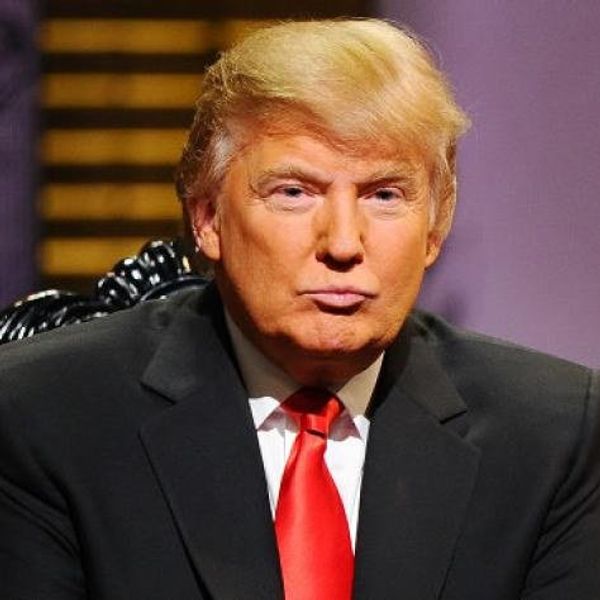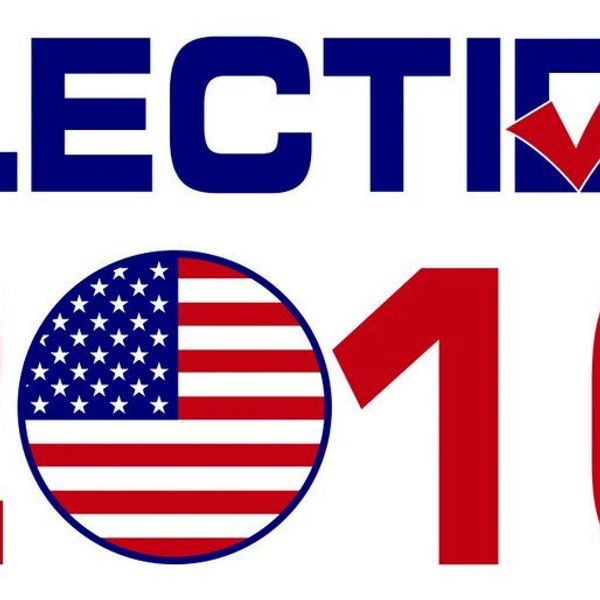In a new poll released on Monday, Hillary Clinton leads Donald Trump 46% to 34%. The Trump campaign response to this is that polls don't matter. To some extent they're right, we are 3 months from the general election. Polling changes daily so the exact percentage points aren't to be taken for concrete predictions. But the polls are extremely important, because they show how a candidate is doing among a certain demographic group.
That's where it spells trouble for the Trump campaign. In the recent poll, Mr. Trump has failed to consolidate Republican support, while Hillary Clinton has increased her support from Democrats to 92% from 85% just a month ago. Trump's support from Republicans remains at a mere 79%. If I were on the Trump campaign, I would be very concerned with Evan McMullin. The former Chief Policy Director for the House Republican Conference, Mr. McMullin launched his bid for president on August 8th as an independent conservative alternative to Trump.
Now everyone understands that McMullin has absolutely no chance of winning in November. His announcement comes so late in the game that he will likely be unable to appear on the ballot in most states. However, as a former CIA operative and proven conservative, he will still hinder Trump's attempt to unify the party. It also does come at a time when prominent republicans are jumping the party's ship in favor of Clinton, and even Gary Johnson of the Libertarian Party. Representative Scott Rigell of Virginia stated that he, "always said that I will not vote for Donald Trump and I will not vote for Hillary Clinton," and to that effect, he will be voting for Johnson come November.
Maybe Trump could handle losing the support from the 21% of the Republican party, if that was the only demographic he was losing support from. The recent poll shows that he has lost an exceptional amount of support from white, college-educated women. In 2012, Mitt Romney won this demographic by a 6-point margin, however Clinton now garners a staggering 57% to Trump's 27%.
Couple all of that with the astonishing lack of support Trump receives from other groups, such as African Americans (a recent poll from NBC/WSJ showing just 1% supporting him), Latinos (garnering just 24% compared to George W. Bush's 44% in 2004), and just under 33% of support from millennials, Trump has his work cut out for him.
So, what's wrong with Trump? Why is he doing so poorly, and more importantly, why hasn't he made the effort to incorporate these groups?
Simply put, Trump's supporters are his own downfall. He has created his own demographic base while alienating almost every other group imaginable. Normally we would expect a candidate to pivot after the primary to court undecided voters. There's a model, the Down's Model, in political science that advocates this move to the middle that we are so familiar with. So why hasn't Trump done so?
Well, to court his older white republican base, Trump had to say some pretty hateful stuff during the primary. His idea to build a wall has placed a limit on the support he can receive from Latino voters. His call for a temporary ban on all Muslims entering the country has prevented his ability to incorporate Muslims into his campaign. His repeatedly misogynistic statements have lost him much needed ground among women, and his lackluster denouncement of the KKK and David Duke, a staunch Trump supporter, has severely hurt his African American support.
How can Trump win in November? Starting today, Trump would need to remain on topic and only discuss the issues. He would need to stop making alienating remarks like in the case of his battle with Khizr Khan or when he accepted a Purple Heart from a veteran saying that it was "much easier" to receive one that way than being on a battlefield. These do nothing to garner him votes.
When voters were asked who they believe will run the economy more effectively, Trump received 51% to Clinton's 43%, according to a CNN/ORC poll. He does lead Clinton in some aspects, and he must focus on those. He must stick to the issues and limit his candid remarks if he looks to close the gap before November. With the addition of Mike Pence as campaign apologist, Trump can turn the tide, but he must start now before it is too late.

























